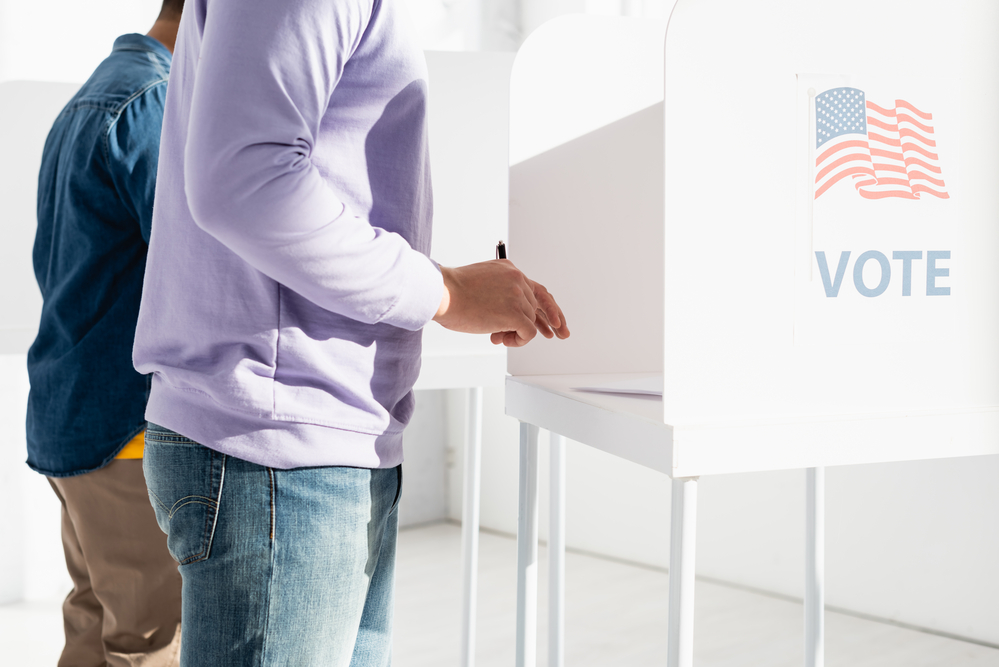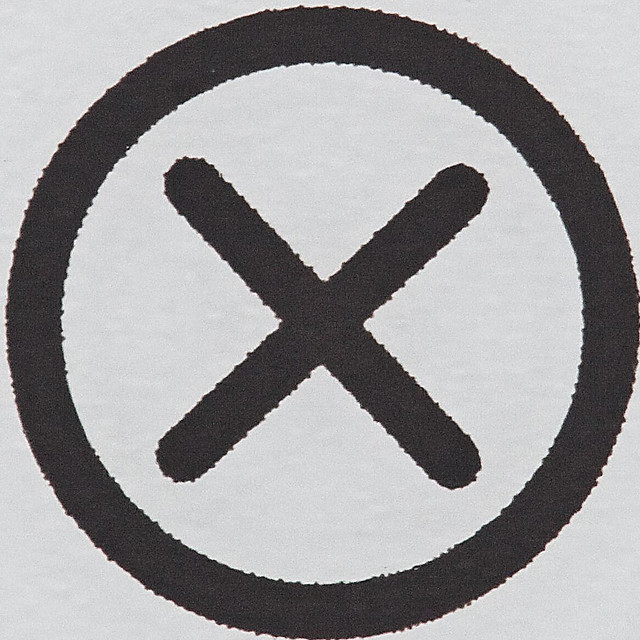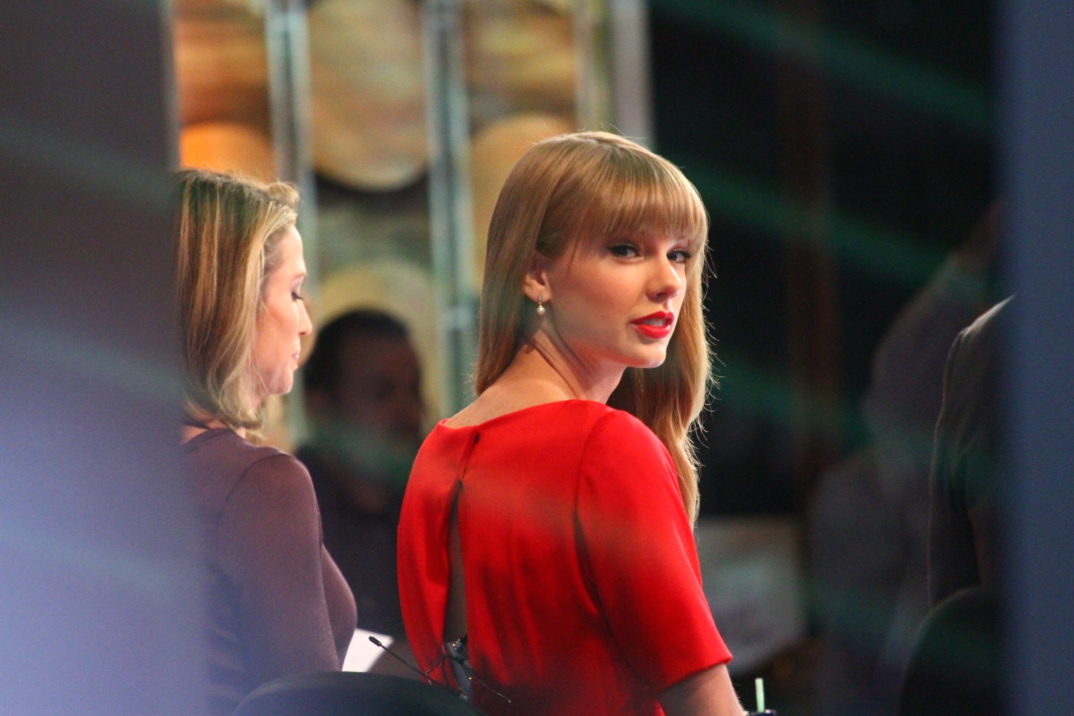Vultures 1, released by ¥$ (a collaboration between Ye – née Kanye West – and Ty Dollar $ign) has been met with many different reactions, ranging from criticism to acclaim, and from cautious optimism that Ye is “back” in some way, to skepticism that he will ever produce good music again. The release of the album, however, has been overshadowed by Ye’s behavior: prior to the release of Vultures 1, Ye had long been making antisemitic remarks in interviews and spouting hate speech on social media, comments which have cost him endorsements and more than a few fans. At the same time, Vultures 1 has done well commercially, if not critically, with one track reaching the top spot on the Billboard 200, the first time for Ye in 13 years.
The critical reviews have focused both on the music and the surrounding controversies. One of the most notable came from popular YouTube music critic Anthony Fantano, who called the album “completely unreviewable trash.” “Unreviewable” because, according to Fantano, defenders of Ye’s music are not open to listening to any form of criticism, as they consist of those who agree with Ye’s hateful messages, “nihilistic teenagers” who are entertained by the controversy, and those who are too obsessed with Ye to be clear-headed.
While Fantano’s review is noteworthy for its bite, many other outlets have also been critical, and in similar ways:
“On the album closer, ‘King,’ he raps about being called ‘crazy, bipolar, antisemite,’ then puffs out his chest: ‘I’m still the king.’ King of who? Middle-school edgelords?” – The Washington Post
“Kanye West & Ty Dolla $ign: Vultures 1 review – weak lyrics from a witless edgelord” – The Guardian
“West is at best musically compelling, and at worst—more often than not—a wanton edgelord, intent on saying some of the foulest things imaginable.” – Variety
Much of the criticism has to do with the lyrics on Vultures 1, with many critics claiming that they contain the same kind of hate speech that Ye has been making for years, delivered with seemingly no concern for the consequences. Hence the verdict: Ye is an edgelord.
But what is an “edgelord” anyway, and should we think of Ye as one?
According to the Mirriam-Webster dictionary, an “edgelord” is “someone who makes wildly dark and exaggerated statements (as on an internet forum) with the intent of shocking others.” It is very much a concept born from the internet, a place where anonymity allows people to act in ways that they might not normally otherwise. You have no doubt come across people who qualify as edgelords, at least to some degree: they can be found in abundance in some of the internet’s seedier corners such as 4chan, as well as its more mainstream areas, like comment sections, Reddit or Twitter/X.
While Ye has made his share of exaggerated and shocking statements online, there’s no reason to restrict evaluations of edgelordiness to his social media presence. For example, on his latest #1 track off of Vultures 1, Ye compares himself to a who’s-who of problematic celebrities, including Bill Cosby, R. Kelly, and P. Diddy, and adds an extra shout-out to Chris Brown for good measure. Does this qualify as edgelord behavior? According to the dictionary definition, Ye does seem to be making “wildly dark and exaggerated statements” and, given the respective histories of the men Ye is comparing himself to, he does seem to be intending to shock his listeners.
But I think there is a missing component to the dictionary definition, which is that an edgelord’s speech need not be an expression of beliefs they actually hold. The primary intent of the edgelord is provocation, not the expression of something they legitimately think is true. While the expression of belief invites engagement and the sharing of reasons, edgelords merely want to cause a reaction, be it outrage, disgust, or even legitimate attempts to show why their views are wrong; any such reaction achieves their goal.
Since edgelords make statements solely with the intent to cause a reaction, their actions are not as bad as those who believe what they are saying. Put another way: an expression of a hateful statement is worse if it is an expression of a sincere belief than if it is made merely to provoke. This is not to relieve the edgelord of all moral responsibility: the disingenuous expression of intentionally extreme, exaggerated hateful statements is clearly reprehensible. But whereas the appropriate response to the expression of a sincere and hateful belief is to challenge it, the appropriate response to the edgelord is to ignore them. Hence, we do not, I argue, hold the edgelord as responsible for their actions as we would someone who was expressing a sincere belief with the same content.
Consider, for example, two tweets: both contain the same words, and both are generally considered to be hateful and extreme. In one case, the tweet is made by an edgelord, whose intent is to rile up others and see how much attention they can get. In the other, the tweet is made by a person who legitimately believes what they are tweeting, and attempts to engage others in discussion, however wrongheaded. Both are doing something wrong, but arguably the person who is sincere is worse. For instance, once the edgelord’s intentions are discovered, they are dismissed: they are rightly deemed immature, arrogant, and not worth anyone’s time. But the person who is expressing themselves sincerely is reprehensible, a holder of truly awful beliefs.
The concept of an edgelord, of course, does not have solid boundaries. For example, there are cases of edgelord behavior in which one will make an intentionally provocative statement that is an exaggerated version of a less-extreme belief they sincerely hold. In these cases, it can be difficult to determine how we should react. The extent to which one is morally responsible for their edgelord behavior is also dependent upon other variables: for example, the immature teenager who understands which words are provocative but is unable to appreciate the harms they cause is, perhaps, less responsible than the fully-grown adult who should really know better (although again, the teenager still deserves criticism).
Regardless of the murkiness of the concept, we can now return to our initial question: is Ye an edgelord? I think there is reason to think he isn’t. This is because, given his behavior, Ye’s statements, lyrics, and other actions do seem to be expressions of beliefs he actually holds. This is both in terms of his expressions of antisemitism, but also in his comparisons to controversial figures: he does legitimately see himself among these figures, either akin or superior to them in the sense of being “uncancellable.”
Ye is clearly trying to be shocking, and if that was the extent of his actions one may well have reason enough to condemn his music as that of an edgelord. But Ye qualifies as something worse: someone who intends to shock, but also means a lot of what he says.





